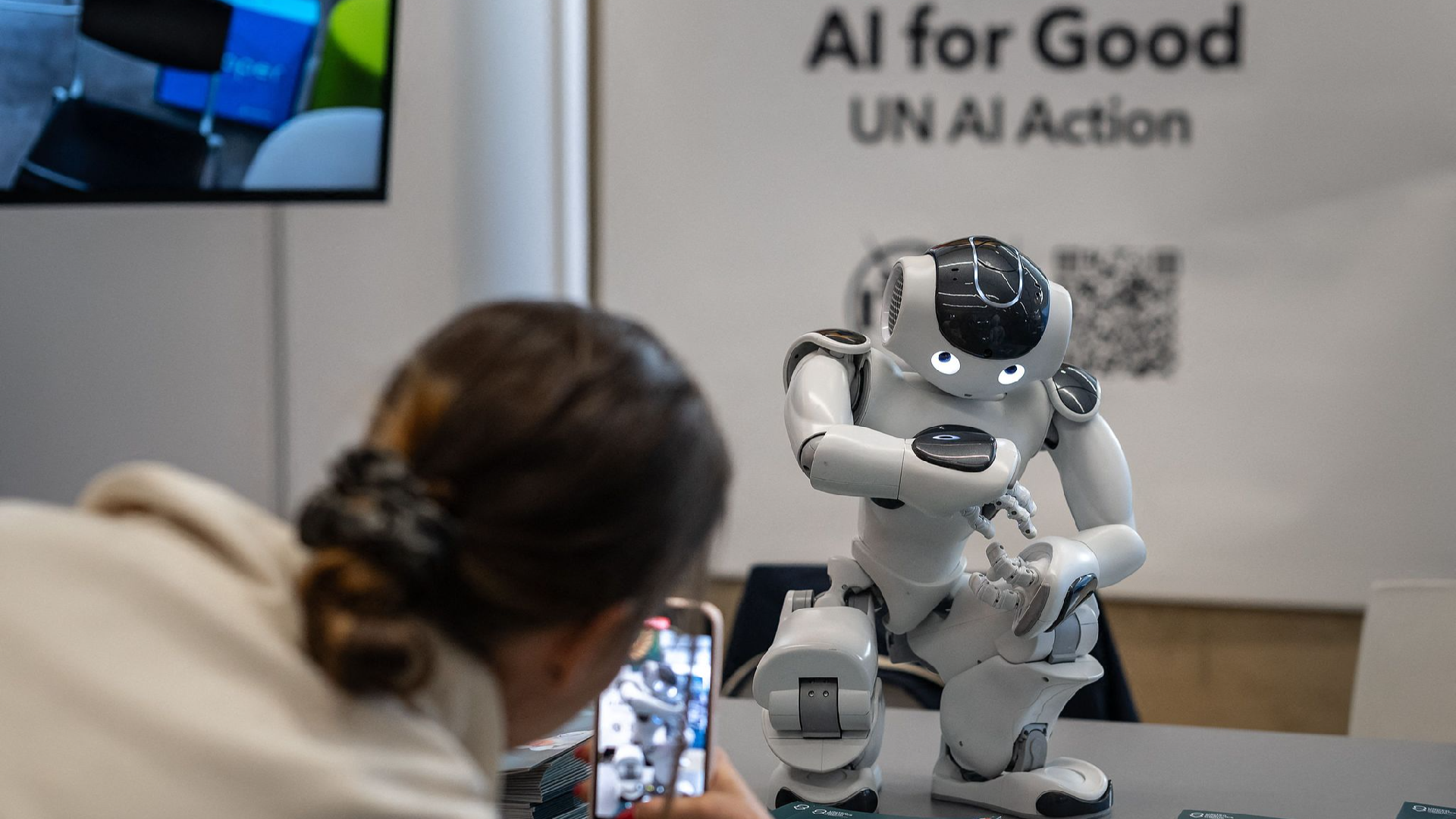China advocates for international collaboration on AI and aims to narrow global digital gaps
China is making significant strides in global AI governance by tackling ethical issues and working to close the digital divide, particularly in the Global South. Through projects such as the Global AI Governance Initiative and various international collaboration efforts, China is crucial in influencing the future direction of inclusive and responsible AI development.

However, these advancements also introduce new challenges in domains such as law, security, employment, and ethics. The 2023 Artificial Intelligence Index Report from Stanford University highlights a notable increase in incidents of AI misuse, as documented by the AIAAIC database, which tracks ethical concerns and controversies linked to AI.
The AIAAIC database indicates that incidents of misuse have surged 26-fold since 2012, with significant cases such as U.S. prisons utilizing AI-powered call-monitoring systems for inmates. This increase highlights the broader acceptance of AI technologies and heightened awareness regarding their potential for misuse.
Governments across the globe are prioritizing AI governance to find a balance between innovation and social and ethical risks. The Stanford report points out a significant rise in AI-related legislation, noting that mentions of "artificial intelligence" in legislative proposals have jumped from one in 2016 to 37 in 2022 among 127 countries. Furthermore, references to AI in parliamentary records from 81 countries have surged 6.5 times since 2016.
**Visions of Inclusive AI Development**
The disparity in technological advancement and cultural differences often leads to an overlap between the artificial intelligence divide and the digital divide, highlighting inequalities in access to both AI and digital technologies. China has emerged as a prominent voice and practitioner in the realm of global AI governance to address these challenges.
In October 2023, China launched the Global AI Governance Initiative, establishing a framework for the future of AI development and governance on a global scale. This initiative was reflected in a UN resolution advocating for international cooperation in building AI capacity—the first of its kind—aligned with China's broader governance objectives.
The resolution detailed China's approach to AI governance, emphasizing development, security, and responsible oversight. Key principles include a people-centered approach that prioritizes human welfare and encourages inclusive participation in AI development without ideological constraints. It advocates for establishing risk-based testing and assessment systems, supporting global governance frameworks through international consensus, and facilitating cooperation to assist developing nations in bridging gaps in AI technology and governance.
"Minimizing the risks associated with AI applications is crucial to ensuring that AI consistently serves the advancement of humanity," stated Wei Kai, director of the Artificial Intelligence Research Institute at the China Academy of Information and Communications Technology. "A human-centric approach and the ethical use of AI not only guide the future of AI development but also form the core principles of its governance."
**Bridging Global Technology Gaps**
China has been actively promoting global AI governance and equitable access to technology. In December 2021, it proposed its first initiative under the UN Convention on Certain Conventional Weapons framework, emphasizing the need to regulate AI in military applications. This was followed by a position paper in November 2022 advocating for ethical AI governance, which called for accountability mechanisms and a ban on unethical AI applications.
Additionally, China has played a pivotal role in enhancing international collaboration for AI capacity building. A historic resolution spearheaded by China was adopted at the 78th UN General Assembly in July 2024, gaining support from over 140 countries and underscoring the necessity for international cooperation on AI governance.
To address the AI and digital divides, particularly for the Global South, China introduced the "AI Capacity-Building Action Plan for Good and for All" in September 2024. This initiative emphasizes investments in AI education, professional training, and the promotion of AI literacy, placing a special focus on safeguarding digital rights for marginalized groups such as women and children.
"AI has the potential to widen the digital divide into an intelligence divide," remarked Zeng Yi, a professor at the Chinese Academy of Sciences and a member of the UN High-level Advisory Body on AI. "Ensuring the inclusive development of AI is key to making its benefits accessible to everyone."
"We look forward to greater contributions from China in building a global AI governance framework, led by the United Nations, that enables participation from all member states and leaves no one behind," he further added.
Lu Chuanying, a senior fellow and deputy director at the Institute of Public Policy and Innovation at the Shanghai Institutes for International Studies, emphasizes China’s "people-centered" philosophy in AI development, rooted in the ancient idea of "Minben," meaning "people as the foundation." This concept suggests that a government should serve its people. By integrating both Chinese traditions and Western human rights discussions, this philosophy advocates for a balanced relationship between technology and humanity.
In the context of AI, this philosophy acquires renewed significance. According to Lu, AI must uphold individual rights while fostering collective well-being. China's initiative provides not only a framework for ethical AI standards and development direction but also a more profound ethical vision, advocating for a global governance model that reconciles diverse interests and unites nations in addressing shared human challenges.
Sanya Singh for TROIB News
Discover more Science and Technology news updates in TROIB Sci-Tech












